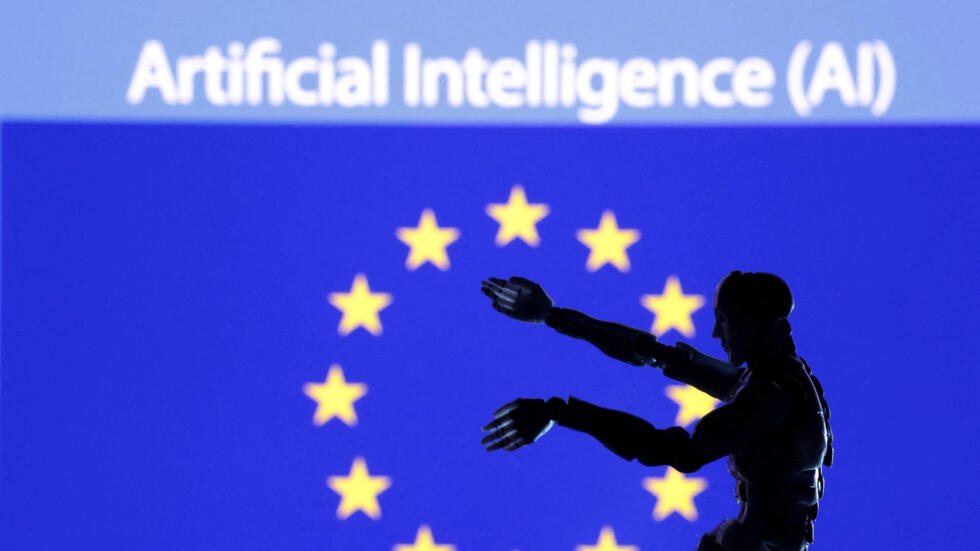Under Innovation-First Strategy, Japan Eases AI Regulation
Japan hopes to become the world's most "AI-friendly" country by easing AI regulation, thereby attracting AI investment from Europe and elsewhere.
Recently, the European Union passed the world's first comprehensive legislation regulating the use of AI—the AI Act. However, in Japan, the government-led AI Strategic Council still insists on industry-led AI regulation.
A government official stated, "We should not prioritize regulation over innovation. No one supports the creation of 'hard laws' to regulate AI." Here, 'hard laws' refer to enforceable regulations in courts or by government authorities, similar to those under the EU's AI Act.
Recent actions by the Japanese government suggest a potential shift from its previously lax attitude towards AI. However, members of the ruling Liberal Democratic Party (LDP) assert that the government remains very friendly towards AI companies.
Masaaki Taira, head of the LDP's AI project team, said, "Japan does not intend to implement strict regulations and will minimize regulation as much as possible. This is a common question from foreign tech companies." Compared to the EU, Japan is adopting a relatively lenient AI policy, aiming to create a more business-friendly environment through subtle adjustments to attract talent and investment.
Ken Kumagai, a partner at KPMG Consulting, believes that Japan's industry-led AI guidelines are quite different from the EU's approach, which regulates AI based on potential risks and directly bans risky technologies.
The EU is stringent with large tech companies in sectors like AI, aiming to maximize human rights protection. Initially, Japan's regulatory opinions targeted only specific AI developers with high social impact and high risk, requiring them to report such risks or conduct safety assessments.

Overall, Japan's approach to AI is consistent with its recent antitrust actions. On June 12, the Japanese parliament passed a bill to regulate mobile app stores operated by companies like Apple and Google. This bill, expected to take effect by the end of 2025, will prohibit large tech companies from obstructing other companies from entering the app distribution business or favoring their own websites in search results.
However, in another aspect, the bill is relatively lenient compared to the EU. For example, it does not require large tech companies to allow users to download smartphone apps from independent websites. LDP legislator Fumiaki Kobayashi stated that the bill aims to ensure a "fair competitive environment" based on the party's stance of "ensuring a higher level of innovation support policy than the EU."
Yoichiro Itakura, a partner at Hikari Sogoh Law Offices, believes that legislators may have noted that existing domestic laws tend to support innovation in the early stages of new technology development. However, even if Japan wants to enforce stricter regulations, it's uncertain whether American companies will comply.

Notably, the US-China tech war and the depreciation of the yen have driven numerous large American tech companies and AI startups to rush to invest in Japan.
In April this year, Anna Makanju, OpenAI's Vice President of Global Affairs, visited Tokyo and discussed an AI white paper drafted by Masaaki Taira's team with many legislators. That month, OpenAI established its first Asian office in Tokyo. Subsequently, Microsoft, Google, and Amazon all announced multi-year investment commitments in Japan. By 2027, Amazon expects to invest 2.26 trillion yen (approximately $140 billion) in its cloud services division in Japan.
A downside is that Japan lacks globally competitive AI services, making its economic efficiency heavily reliant on advanced AI provided by American tech companies. This has led to a "digital deficit," with most spending on software, data centers, submarine cables, and semiconductors flowing to North America. The recent weakness of the yen has further exacerbated this outflow.
Consequently, Japanese politicians have intensified discussions on AI topics recently. Yoichiro Itakura believes that enacting relevant regulatory laws will help Japan play a more significant role in international AI regulatory meetings. Rather than sticking to the stance of not creating hard laws, it would be better to quickly advance "soft regulation" to ensure the steady development of domestic AI before the public calls for comprehensive regulation due to AI misuse.
·Original
Disclaimer: The views in this article are from the original Creator and do not represent the views or position of Hawk Insight. The content of the article is for reference, communication and learning only, and does not constitute investment advice. If it involves copyright issues, please contact us for deletion.